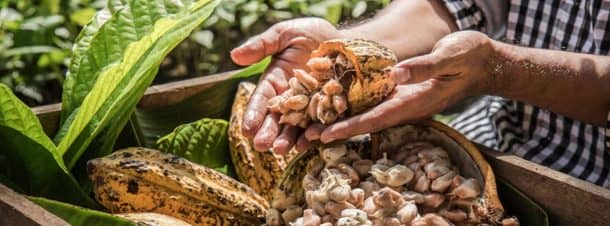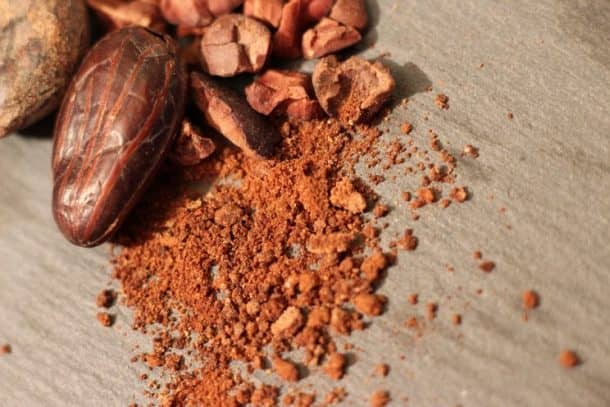Chocolate has many positive attributes apart from being delicious. A team of researchers at Loma Linda University found that chocolate reduces stress levels and inflammation and enhances mood, memory, and immunity. These might be the reasons that the scientists at the University of California, Berkeley have started working with food and candy firm Mars in order to try and save cacao crops from getting extinct by 2050. They are experimenting with a gene-editing technology called CRISPR to make the cacao crops strong.

CRISPR stands for Clustered Regularly Interspaced Short Palindromic Repeats. These repeats are the hallmark of a bacterial defense system and can serve very interesting functions. It allows making very precise DNA modifications which can be used to make crops more affordable to cultivate and more resistant to environmental factors. Scientists are hoping that these alterations can produce crops which will be advanced enough bear the extreme conditions caused by climate changes as well.
Jenifer Doudna, the in charge of the operation with Mars, explained the benefits of CRISPR and said, “Modern plant breeding relies on random mutations to produce favorable outcomes, and then selects for desirable mutations. This process can be slow and may introduce many undesired and undetected genetic changes along the way. In contrast, CRISPR-Cas9 genome editing allows the creation of plants with just the desired genetic alteration, without adding foreign genetic material.” Her graduate students work on applying CRISPR to yield crops which can be cultivated by the small-holder farmer. Brian Staskawicz, professor of plant and Microbial Biology at UC Berkeley said that they are using the technology to save the cacao crops from the devastating conditions. He said, “We’re developing CRISPR editing technologies to alter the DNA in cacao plants to become more resistant to both viral and fungal diseases.”

Cacao crops vulnerability comes from the fact that the plant can only be bred in very few places on the earth. More than 50% of the world’s chocolate is cultivated in Cote d’Ivoire and Ghana only. Some people also believe that the shortage can be solved by a change in geography rather than genetics. Fredrico Marangoni, CEO of Swiss luxury chocolate brand Du Rhone Chocolatier said, “The nations that are producing it today may be producing as much as they can but there are so many other places in the world that could do it and have the right fields and climate to do so. So even if we are running out, there is hope. A life without chocolate is a very, very, dark place to go.”


